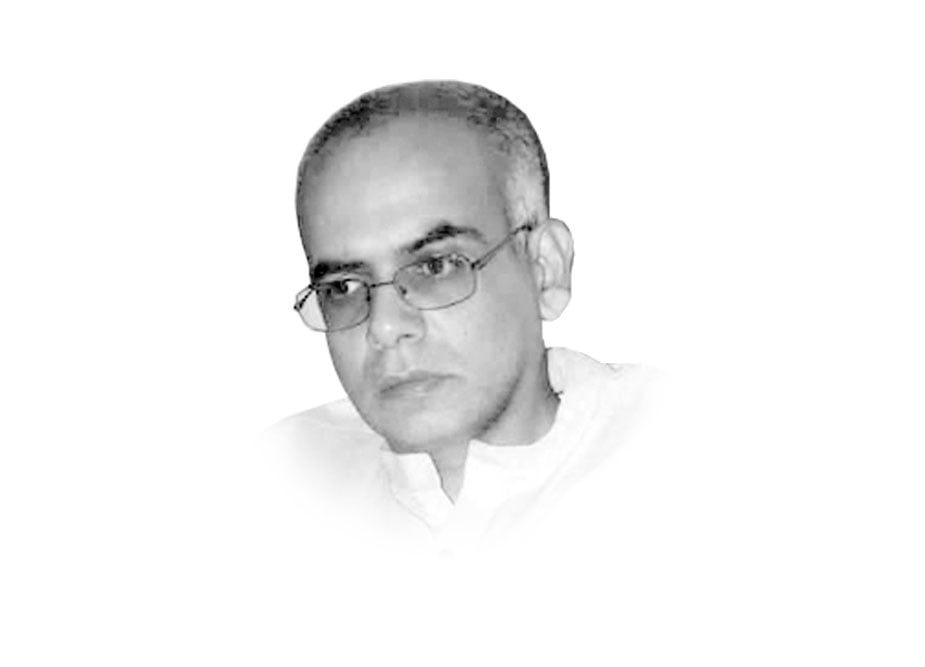
India’s bid to create a ‘new spice route’ | The Express Tribune
Despite its dark underbelly of divisiveness, meteoric rise orchestrated by the Modi-led government is hard to ignore
Despite its dark underbelly of divisiveness, India’s meteoric rise orchestrated by the Modi-led government is hard to ignore. No one could have imagined a couple of decades ago, even after the nuclearisation of the subcontinent, that India would land the first spacecraft on the moon’s southern pole, or that it would be at the forefront of forging new pathways to enable transcontinental trade. What is ironic, however, is that India has been able to accomplish these goals under the leadership of an ultranationalist leader whose success rests on his ability to whip up ethno-majoritarianism to such an extent that India is now being described as an “illiberal democracy”.
Prime Minister Narendra Modi is not the architect of the ‘India shining’ model which was first articulated by an earlier BJP government for its 2004 election campaign. However, Modi has managed to put this notion on steroids by ushering in an era of modernisation, liberalisation and impressive economic growth. The Indian economic model has still not managed to address the glaring problem of inequality, and much of the economic growth is led by powerful oligarchies with close ties to the Modi government. The Modi government’s hurried demonetisation drive, and its draconian handling of the Covid-19 pandemic, also hit the poorer segments of society quite hard. However, the Moditva phenomenon has managed to blend the far-right RSS agenda of Hindu nationalism with the sense of pride in India as an emerging superpower, to create a massive support base and to brutally repress his opponents and already marginalised communities.
Modi ratcheted up anti-Pakistan sentiment and animosity towards Indian Muslims to win a landslide victory in the 2019 elections, and he seems to be pursuing a similar strategy in the lead-up to next year’s elections. It is not only Muslims, but several ethnic minorities which have experienced the wrath of the Moditva raj including ethnic minorities in Manipur and other northeastern states, and the tribal communities residing within the Naxalite corridor. Sikh separatist aspirations may also be making a comeback under Modi’s watch.
Yet, the world community, especially European and American decision-makers, and investors, seem unfazed by the ongoing restiveness in India, or by the draconian measures being used in Kashmir and in other restive regions. Despite once being ostracised for his role in the Gujarat massacre in 2002, while he was the CM of that state, Modi now rubs shoulders with the most powerful leaders of the world.
India has just presided over a high-profile G20 summit. Despite the rhetoric of amplifying voices of the global south, India did not press upon the need for big emitters within the G20 to contend with major threats facing poorer countries due to climate change. It instead focused on making the African Union a permanent member of G20 with the ambition of creating a “new spice route”. However, this expanded grouping which proposes establishment of a chain of railroad networks, ports and energy and data sharing networks linking South Asia to Africa, the Middle East and Europe is not entirely India’s doing. The US is underwriting this initiative, which comes on the heels of earlier attempts to create an alternative mechanism to counter Chinese infrastructure spending under the ambitious Belt and Road Initiative. Whether G20’s expansion will be able to produce more tangible results than the lofty Build Back Better World initiative launched by the US in 2021 remains to be seen.
Nonetheless, all the international attention given to Modi bodes well for his image of a strongman capable of earning India the respect it deserves and of turning the country into an indisputable superpower.
China is not pleased by Indian attempts to bypass its BRI, nor is it oblivious to US attempts to use India to contain Chinese influence. The use of India as a proxy power may compel China to tighten its embrace of Pakistan to push back against Indian ambitions which, in turn, could worsen friction in what is already quite a tense part of the world.
Published in The Express Tribune, September 15th, 2023.





